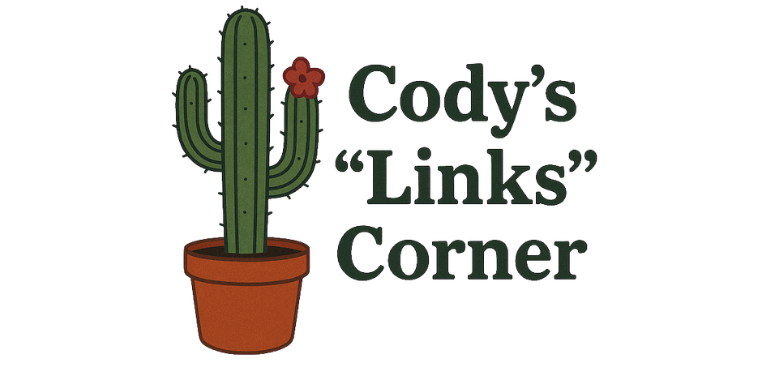When I stopped working because of my migraines, I was having five to seven every week. My headaches were pretty severe, and even when I didn’t have one I still felt poorly from the side effects of my medicines (and no doubt from stress as well). I spent as much time as I could resting. Having migraines was a full-time job, and I worked plenty of overtime.
These days my migraines have improved on all all fronts. I have fewer (generally three to five per week), they are less severe, and in between headaches I often feel pretty good. I spend less time sleeping (although still more than the average person, I’m sure) and I have more time to do things. Of course this is all excellent – I have no desire to go back to daily migraines and complete debilitation. But it means that while I am not well enough to go back to work (and the unpredictably of my illness certainly contributes to that) I am also frustrated sitting at home with little to do. Adorable cat videos can only go so far, so here are my favorite internet resources for fun, productive, and interesting time-fillers.
- Project Gutenberg – An online collection of ebooks, all in the public domain, over 46,000 of them. You can read them online, or download them onto your computer or an ereader. They also offer audiobooks (some through a partnership with Librivox), and have lots of at-home volunteer opportunities, including proofreading and promoting the site.
- Librivox – A great companion to Project Gutenberg, this is an online repository of free, public domain literary works in audiobook form. They are all recorded and contributed by volunteers, so the quality can vary, but overall I love this site, and I’ve listened to so many good books. I’ve never recorded a book for them, but it is on my to-do list!
- TED Talks – TED talks are recorded talks from TED conferences, and cover all sorts of subjects – design, sociology, politics, science, education, policy, technological innovation, history, business, medicine (including cancer), etc. They are all accessible to a general audience (you won’t need a PhD to understand them) and are almost invariably extremely interesting. I like using TED Talks as a way to stay engaged on a deeper level with all sorts of current issues and developments. I’m not out having discussions with colleagues about the latest advances in biotechnology, but this is a good alternative. One of my personal favorites is Jane McGonigal’s talk on her game SuperBetter.
- MOOCs – a MOOC is a “massive open online course”, basically, an online class that is provided for free and is available to unlimited numbers of students. Many colleges and universities offer MOOCs, either through their own systems or in conjunction with MOOC platforms like Coursera, Udacity, and edX. While you won’t get college credit for the MOOCs you take, you’ll still gain the knowledge. I’m taking courses to improve and expand my technical skill set so that when I go back to work I’ll have moved forward, instead of fallen behind. I also take them for fun. If anyone is interested in learning how to build Android apps, sign up for this course and we can learn together (with over 17,000 other students, too)!
- Duolingo – this is free online language instruction based on crowd-sourced information. I use this to keep my French sharp, but it is also great for learning languages you’ve never studied before. Lessons are short and quick, so you can progress while putting in just a few minutes at a time.
These resources help me stay busy and productive despite my migraines, and I feel good knowing that my time isn’t wasted. Figuring out what to do when sick isn’t easy! Do you have other online activities that keep you occupied when your illness keeps you housebound? Let us know in the comments!







